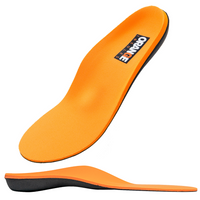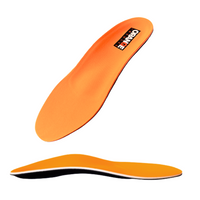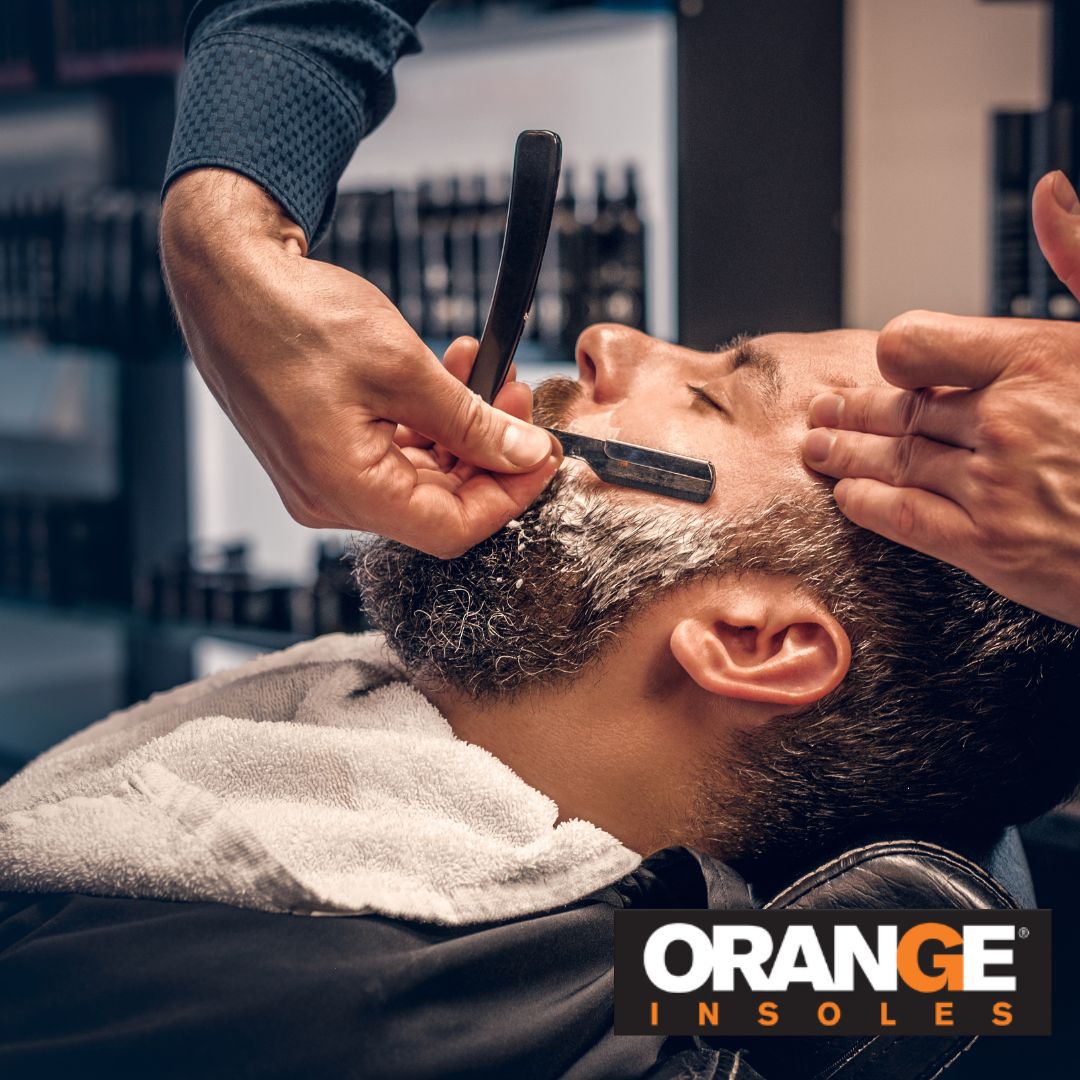Beards are more than just a fashion statement—they’re a sign of style, maturity, and individuality. But growing a great beard isn't just about letting it all hang out. There’s a bit more to it than that. In this guide, we'll break down the dos and don’ts of beard care, from the right grooming techniques to the lifestyle habits that help your beard thrive. Think of it as your go-to manual for keeping your beard looking as good as you feel.
Understanding Beard Growth and Health
Beard growth progresses through three key phases: the anagen (growth phase), catagen (transitional phase), and telogen (resting phase). Each strand of beard hair can be at a different stage, which explains the common uneven beard growth many men experience.
Genetics primarily determine the pattern and density of your beard. Some men find themselves with a thick, full beard early in their twenties, while others may struggle with patchy or sparse growth well into their thirties. Factors such as ethnicity and heredity play crucial roles in these characteristics.
Can Some Men Not Grow Beards?
Yes, it's possible for some men to struggle with beard growth. This can be due to genetics or lower levels of DHT and testosterone, which are crucial for the development of facial hair. In some cases, genetic factors might mean that even with normal hormone levels, the beard hair remains fine and sparse.
Additionally, some men have hair follicles that are less responsive to these hormones, which can also result in lighter or patchy beard growth. In essence, while most men will grow some form of facial hair, the fullness and pattern are highly individualized and influenced by genetic and hormonal factors.
Beard Growth Factors
Beyond genetics, several other factors influence beard growth.
Hormonal levels, particularly testosterone and dihydrotestosterone (DHT), directly impact the growth rate and density of facial hair. Testosterone primes facial hair follicles, and DHT promotes the actual growth of the beard. Essentially, testosterone sets the stage, and then DHT comes in to enhance the growth speed and density of the beard. Men with higher levels of these hormones tend to have thicker and fuller beards. Age also plays a role, with beard thickness typically increasing as men grow older. Nutritional factors, too, are pivotal; deficiencies in certain vitamins and minerals can impede hair growth so vitamin supplementation may help for beard growth
The Science Behind Beard Health and Wellness
A healthy beard begins beneath the skin. The overall health of your body, including what you eat, how much you sleep, and your physical activity levels, can significantly affect your facial hair’s health and appearance. While the connection might not be immediately obvious, a well-rounded, health-conscious lifestyle can lead to noticeable improvements in beard quality.
Vitamins such as biotin, vitamin E, and niacin are crucial for hair growth, as they aid in rejuvenating the hair follicles and promoting healthier hair growth. Ensuring a diet rich in these vitamins can help fortify the hair’s durability and increase follicle productivity.
Sleep is another critical component. Quality sleep helps regulate cortisol levels, which if elevated, can adversely affect the hair growth cycle. Additionally, proper sleep supports the production of testosterone and DHT, which are essential for beard growth.
Read more: The importance of sleep
Regular physical activity, such as walking, enhances blood circulation to the face, which helps nourish the hair follicles with oxygen and nutrients. Improved circulation also aids in the removal of toxins, which can further promote facial hair health.
Read more: Running shoes, walking shoes, and support
Common Beard Conditions and Management
Several conditions can arise from poor beard hygiene, including:
- Dandruff
- Acne
- folliculitis (inflammation of hair follicles)
These issues are often due to neglect in cleanliness or using inappropriate grooming products.
To manage these conditions, maintaining cleanliness is paramount. Wash your beard regularly with a mild shampoo to prevent build-up of oils and dead skin. Moisturizing is also crucial, as dry skin under the beard can lead to flaking and irritation. Opt for natural oils like argan or jojoba, which hydrate the skin without clogging pores.
Daily and Advanced Beard Care Techniques
Daily beard maintenance should involve a gentle wash, thorough conditioning, and regular combing to untangle hairs and distribute oils evenly. This routine keeps the beard clean and neat, discouraging skin irritation and promoting an even growth pattern.
For those looking to enhance their beard care routine, consider incorporating specialized products such as beard oils, balms, and serums. These products not only condition the beard but also soothe and hydrate the skin underneath, preventing dryness and promoting overall beard health.
Regular trimming is also essential, even if you are growing your beard long. Trimming helps remove split ends and maintains the beard’s shape and neatness.
FAQ Section
- How can I make my beard grow faster and thicker?
- Focus on maintaining a balanced diet, exercise regularly, and ensure you're getting enough sleep. Consider using products that stimulate growth, such as those containing biotin.
- What are the best products for beard care?
- Look for natural oils and balms, gentle cleansers, and conditioners specifically formulated for beard care to prevent damage and dryness.
- How often should I wash my beard?
- This depends on your skin type and daily activities but aim for at least a few times a week to maintain cleanliness without over-drying the skin.
- Should I shampoo my beard daily?
- It's best not to shampoo your beard daily as it can strip away natural oils, leaving your beard dry and brittle. Aim to wash it 2-3 times a week with a gentle beard-specific shampoo to keep it clean without over-drying.
- Why do I need beard-specific shampoo?
- Beard-specific shampoos are formulated to address the unique needs of facial hair and the skin underneath, which can be more sensitive than your scalp. These shampoos help maintain moisture, prevent itchiness, and keep both the beard and skin healthy without stripping away natural oils.
- What do I do if my beard is itchy or flaking?
- Use a good moisturizer, reduce the frequency of washes, and ensure you are drying your beard thoroughly after washing. If the problem persists, consider consulting a dermatologist.
Final Thoughts on Beard Care
A beautiful beard is a product of careful grooming practices paired with a healthy lifestyle. By understanding the factors that affect beard growth and health, and implementing good habits that include balanced nutrition, adequate sleep, regular exercise, and proper beard care, you can enhance not only your beard’s appearance but also your overall well-being. Embrace these practices, and watch as your beard becomes not just a facial feature, but a statement of your holistic health and grooming acumen.

























































